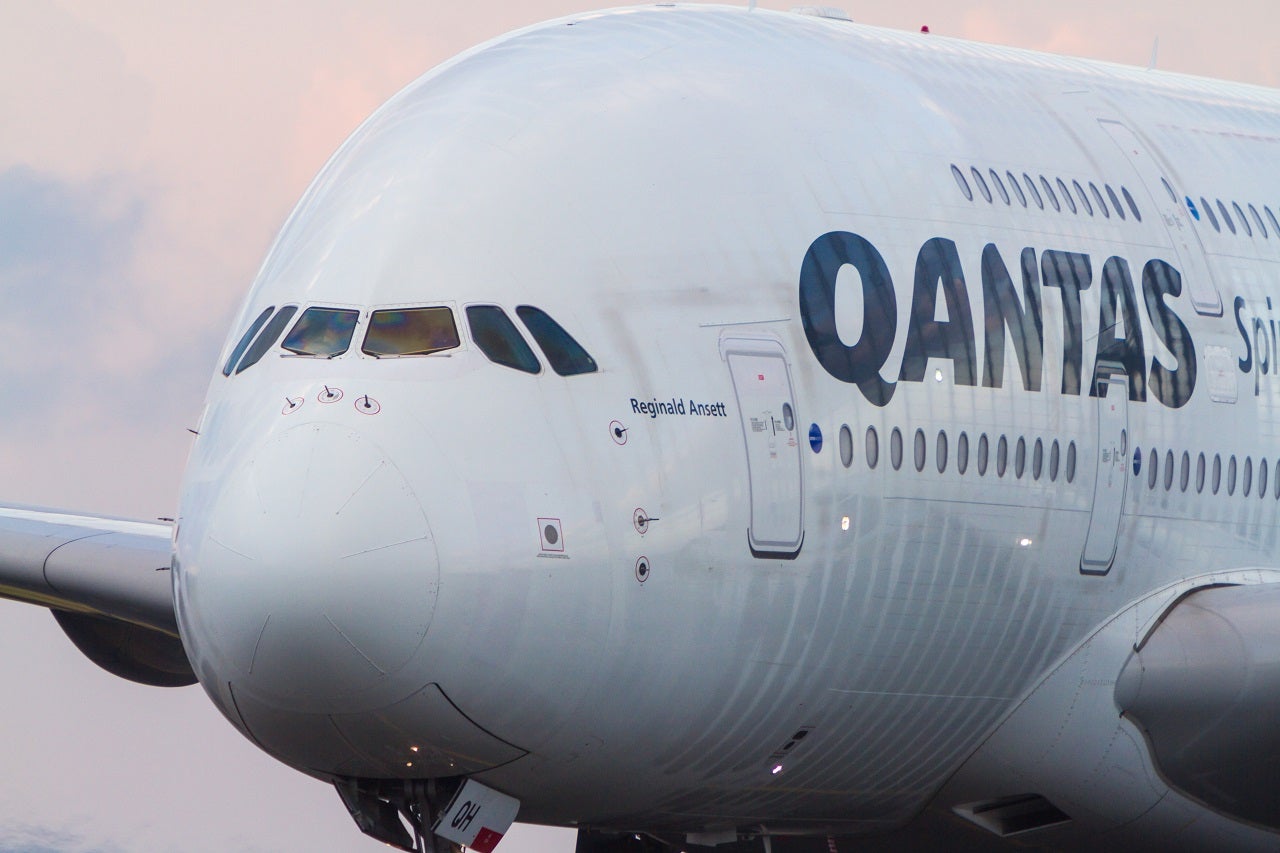With Australia battling a rise in Covid-19 cases, domestic travel has reduced drastically. While Australia’s domestic recovery was strong in H1 2021, the reintroduction of lockdowns and state border closures will serve as a blow, and Qantas standing down staff signals the prospect of a longer road to recovery.
Quick domestic recovery in Australia could be in jeopardy as cases spike, and border closures are extended, despite strengthening domestic demand in H1 2021. GlobalData’s latest forecast expects domestic travel to rebound to 93.8 million trips in 2021, returning to 80.4% of pre-Covid trips (2019), but the delta variant could hinder this expected strong recovery. Australia has been a leader in keeping Covid-19 under control with extremely low infection rates and strict international travel restrictions kept cases at bay. The rise in infections deals a hard blow to tourism businesses currently reliant on domestic travellers until at least mid-2022, when international borders may reopen. If lockdowns persist and traveller confidence drops, demand may become dampened, and Australia’s domestic recovery could be prolonged.
Qantas is feeling the bite
The recent restrictions have starved Australia’s tourism industry of trade, and the country’s biggest airline – Qantas – is beginning to feel the bite by standing down 2,000 employees.
Qantas’ recovery has focused on domestic routes with international borders largely closed. The carrier was beginning to experience meaningful recovery, although the rise in cases has become problematic. The sudden decline in domestic travel and expected extension to lockdowns has lowered the carrier’s hopeful outlook. Qantas’ quick actions will reduce the financial burden from the loss of traffic and should help protect the future viability of the airline. Although, recovery could now be restricted once restrictions lift as it takes time to return employees and could slow expansion efforts.
Slow vaccination progress could be problematic
Australia has been slow to vaccinate its citizens due to low case rates. However, this poses a challenge and could delay the rebound in passenger demand if traveller confidence begins to take a hit due to limited vaccines available.
With stringent international border restrictions and local lockdowns reinstated when cases are discovered, Australia has managed to contain the virus and was returning to some normality. Travel demand was rising, and with international tourists non-existent, domestic operators were capitalizing on the high demand from domestic travellers.
How well do you really know your competitors?
Access the most comprehensive Company Profiles on the market, powered by GlobalData. Save hours of research. Gain competitive edge.

Thank you!
Your download email will arrive shortly
Not ready to buy yet? Download a free sample
We are confident about the unique quality of our Company Profiles. However, we want you to make the most beneficial decision for your business, so we offer a free sample that you can download by submitting the below form
By GlobalDataThe vaccine has become a confidence boost in other nations and is beginning to underpin travel recovery. With a lack of vaccination progress, Australia is behind other countries. With low vaccination rates, travellers could be less reluctant to travel without the vaccine as the risk has now increased. Therefore, recovery could now be delayed until the vaccination program gathers pace and Australian travellers become confident again.
Australia was a case study for keeping Covid-19 at bay, however, the recent rise in cases and lack of vaccination progress highlights the fragility of the travel industry. With Qantas standing down staff, the immediate outlook does not look positive, and it will take time for domestic demand to return.










Related Company Profiles
Qantas Airways